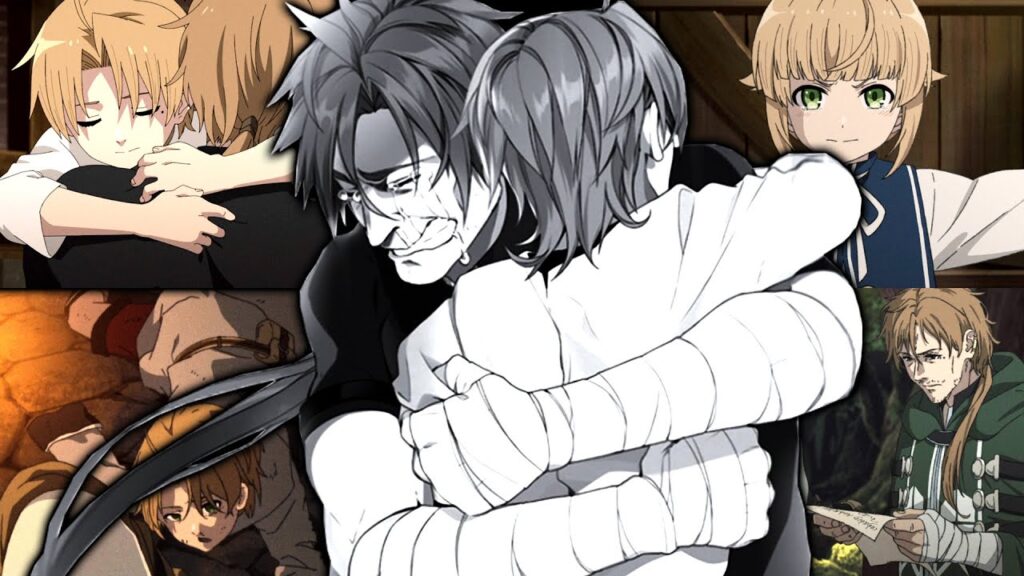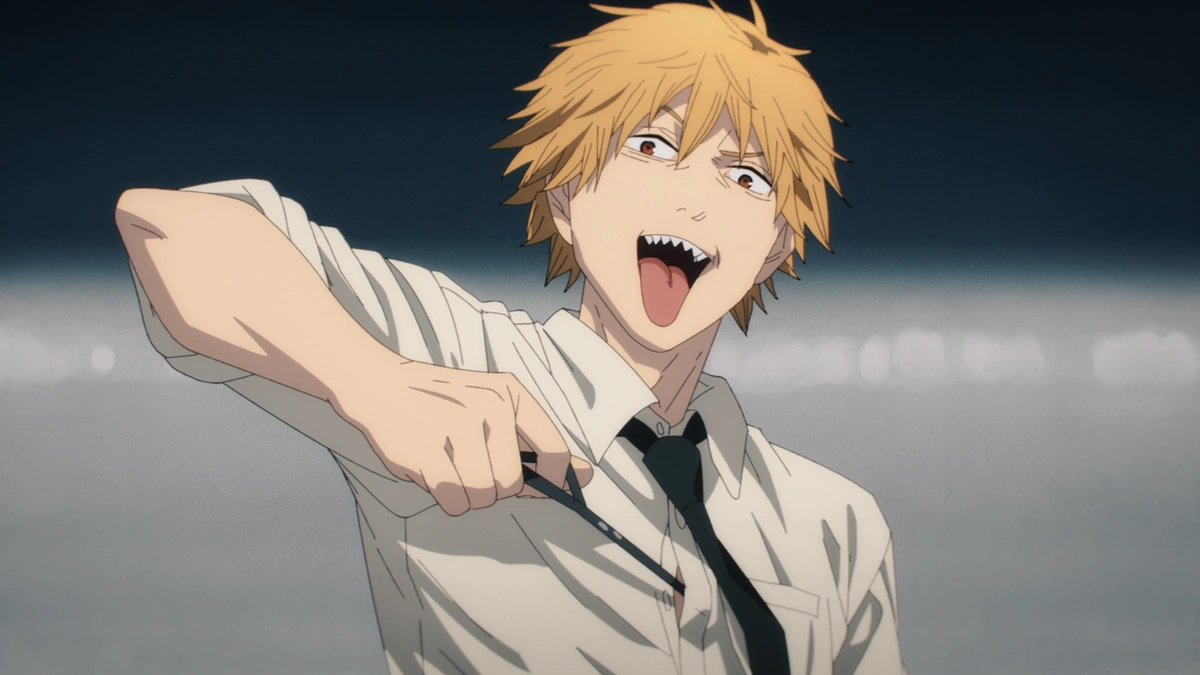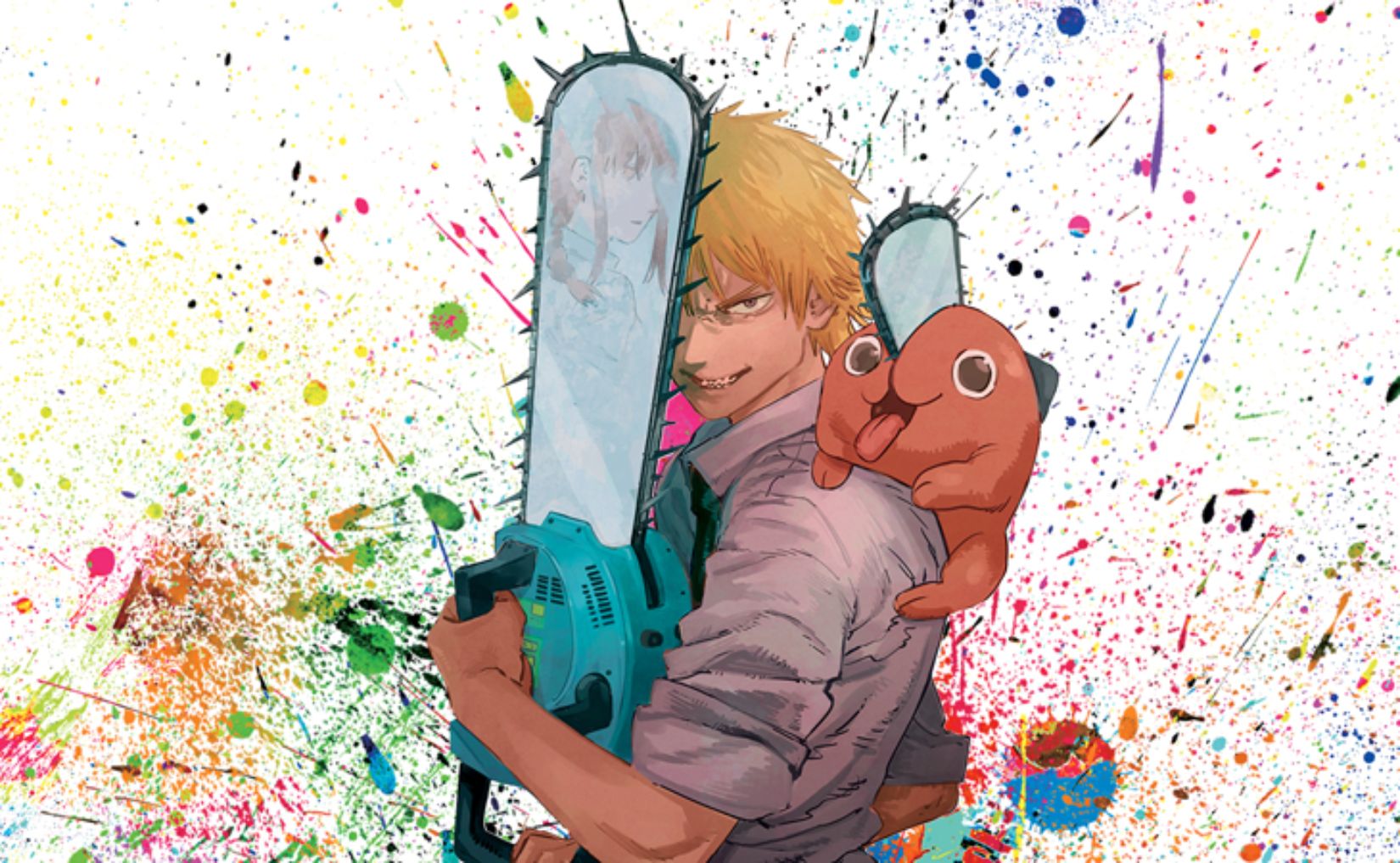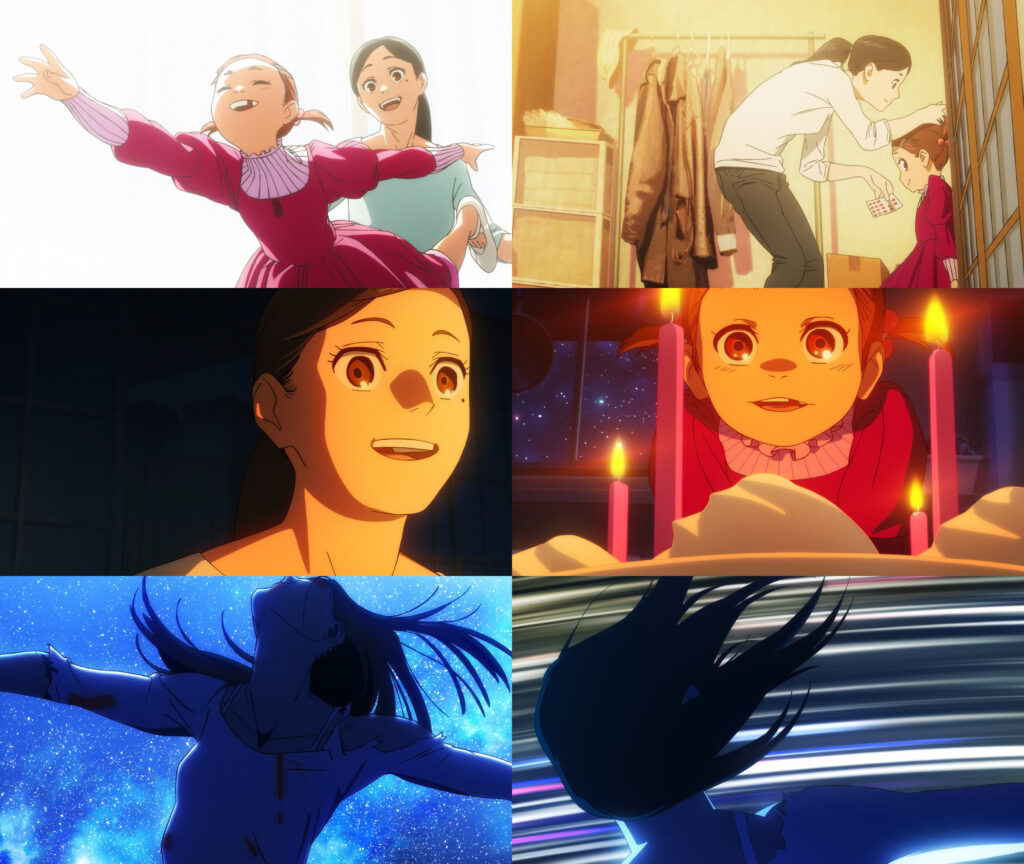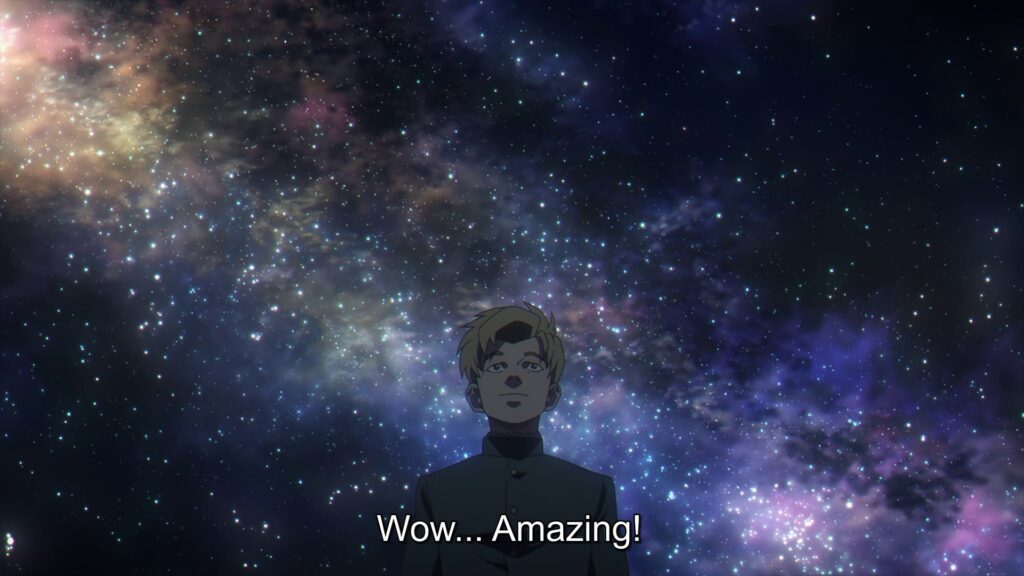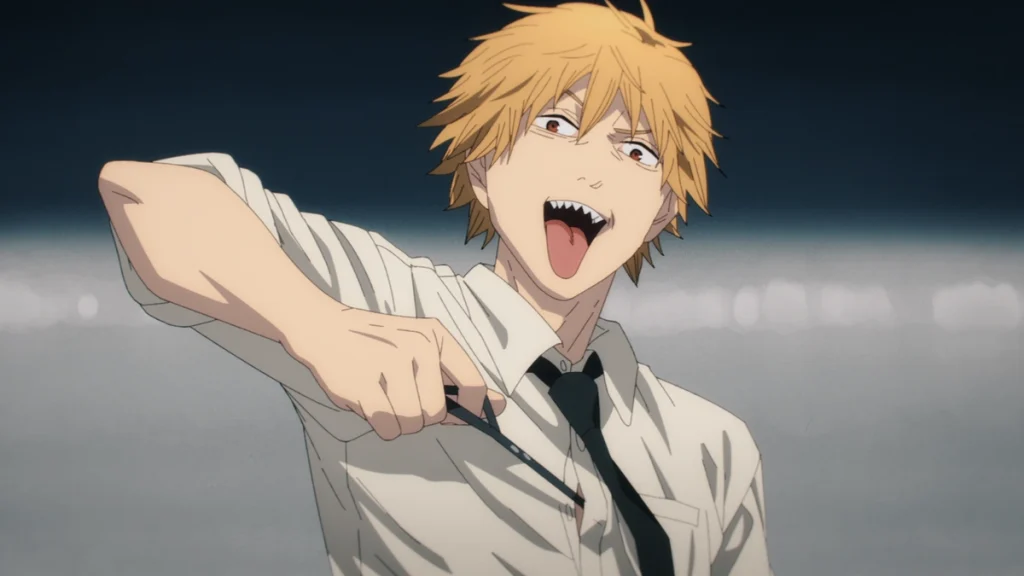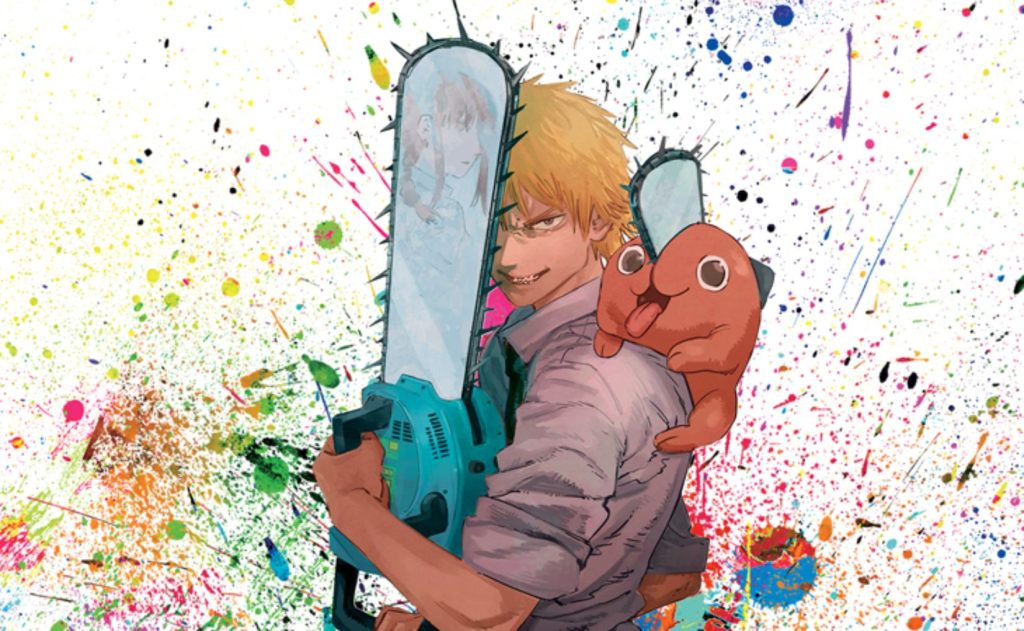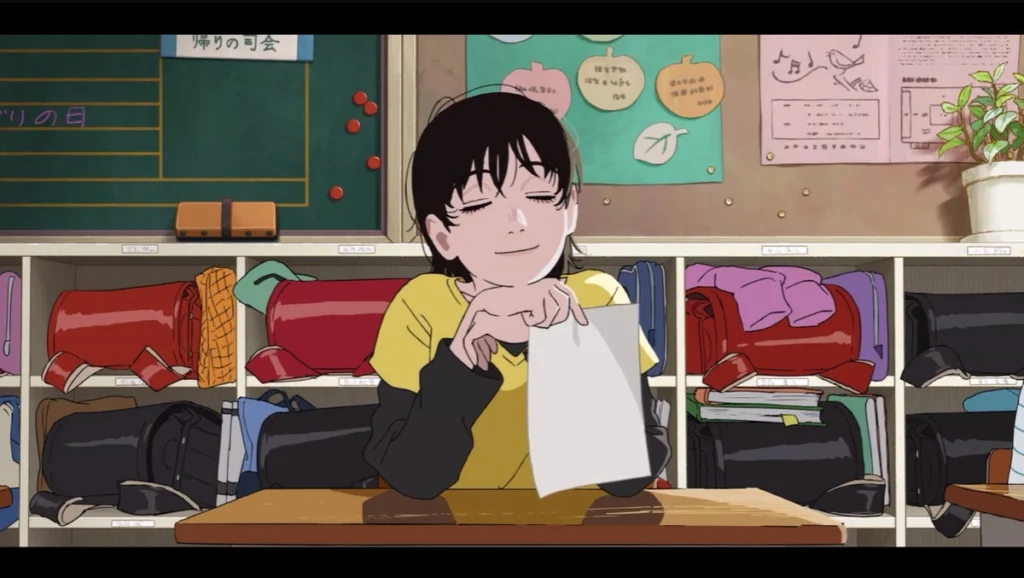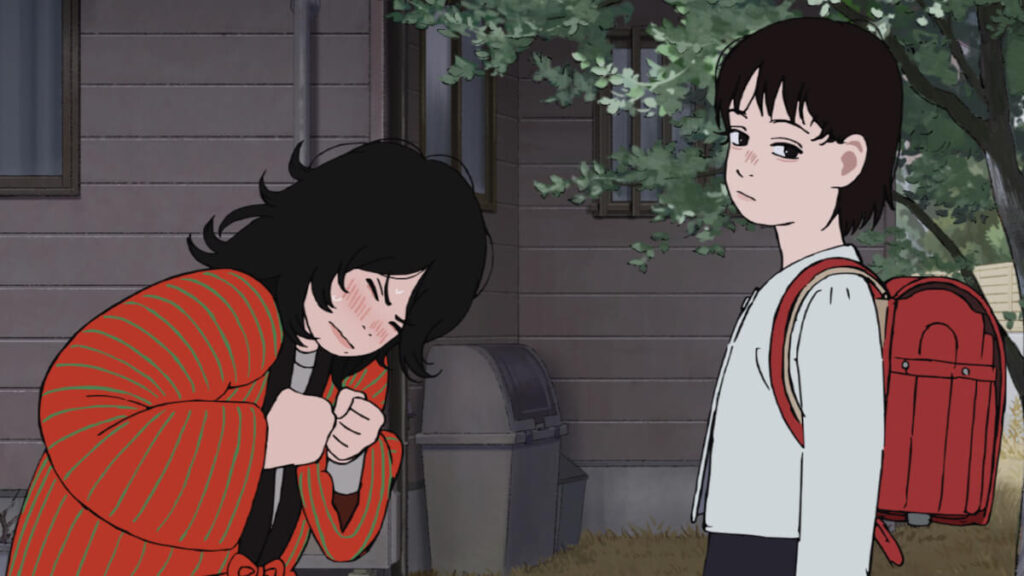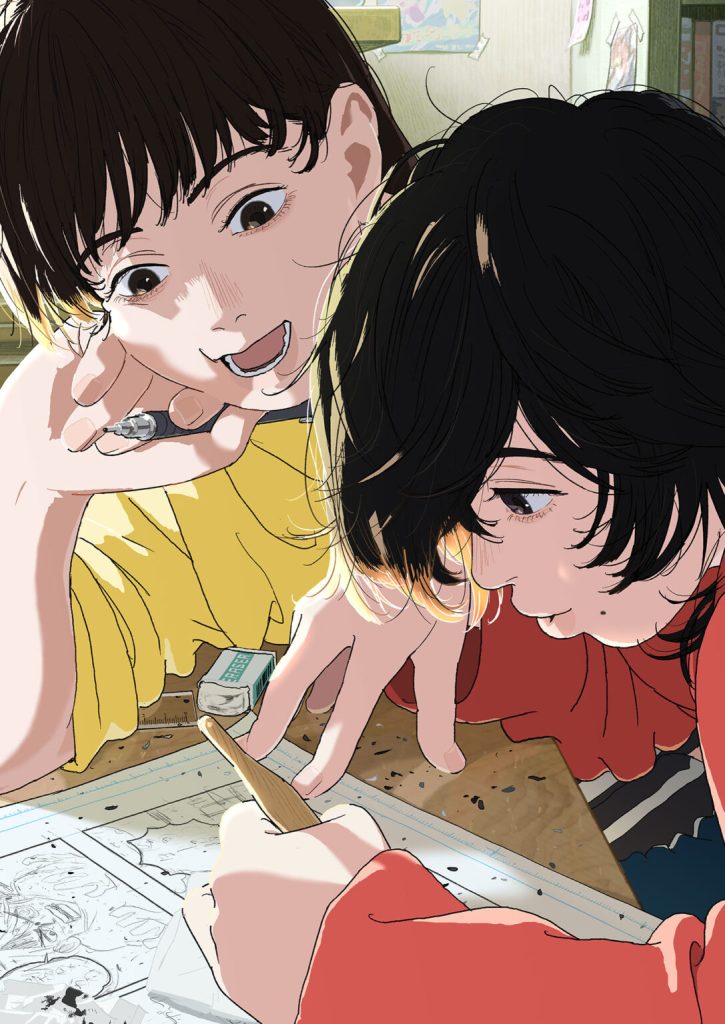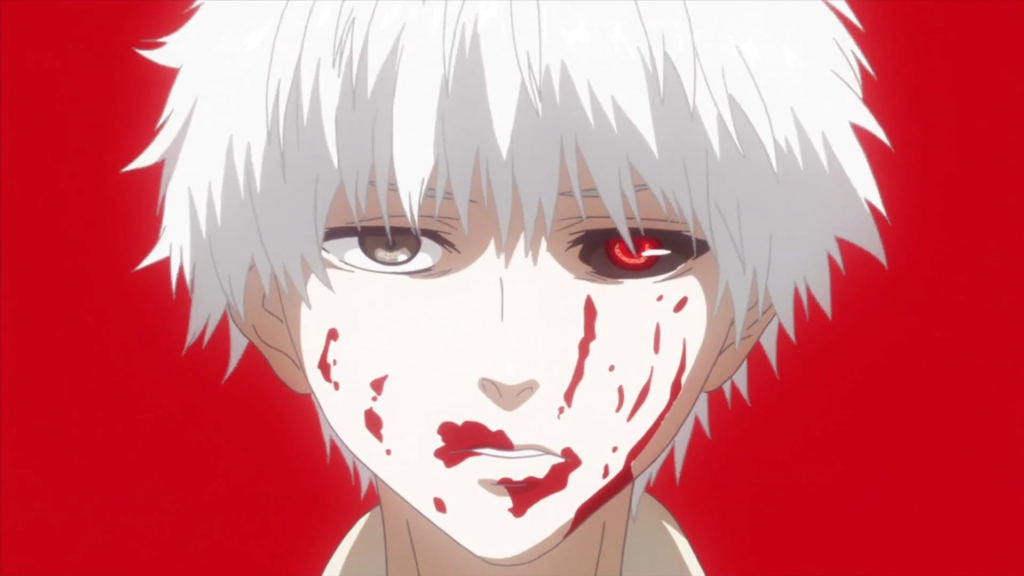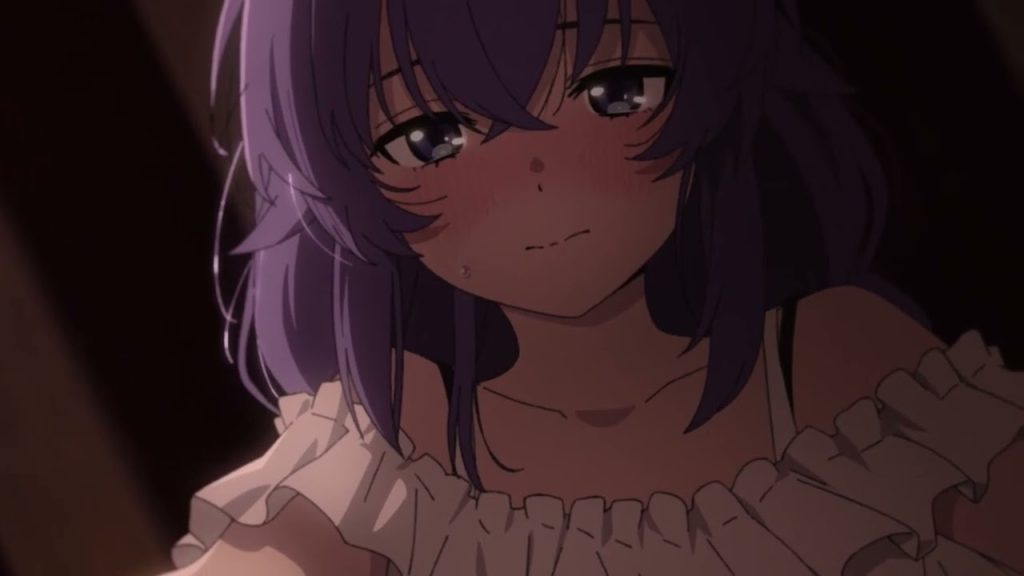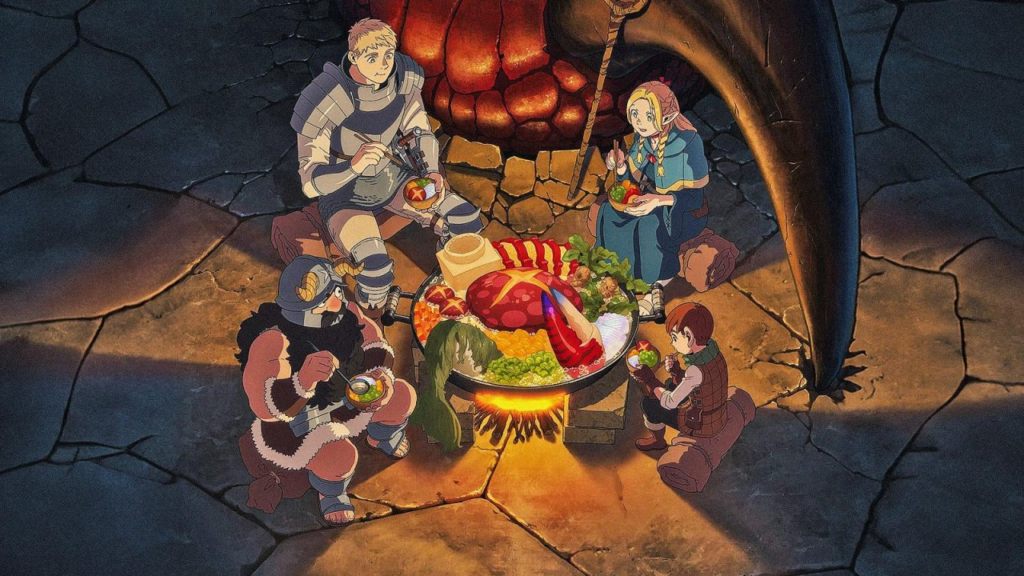“My child is a genius.”
To me, Paul Greyrat stands out as a unique case among anime’s “father” characters. Typically, we see fathers who are either kind, compassionate, and exemplary—protecting their kids and serving as ideal role models for viewers to emulate—or the complete opposite: absent from the start, off “buying milk,” or utterly indifferent to their children. Paul, though, falls somewhere in between. He’s riddled with flaws—so many that if you tried to mold him into some kind of “icon,” it’d probably rot away before it even took shape. :v Yet, we can’t deny that he genuinely cares for his kids. Paul is a father who pours heartfelt love into Norn, Aisha, and Rudeus, perhaps even more than he does for himself.
A Reflection of Life’s Messiness
In my view, Paul embodies the core value of character-building in this story more than even the protagonist, Rudeus. This is a tale about the chaotic lives of people wrestling with deep, tangled contradictions—and with Paul, those contradictions are laid bare from the outset.
Born into a wealthy noble family in the affluent Asura Kingdom—the richest nation in this world—Paul could’ve basked in privilege. Instead, as a young man, he threw it all away. Driven by a stubborn, reckless streak, he left to become an adventurer. After years of exploring, rising to the rank of an S-class adventurer, Paul married Zenith. Together, they settled in the peaceful Buena Village to build a family. Gone were the days of roaming, betting his life on dangerous quests. Life seemed to turn a brighter page as he witnessed the birth of his first child, Rudy.
He’d likely anticipated and prepared for this joyful moment of officially becoming a father. But what Paul hadn’t prepared for was the reality that his son wasn’t like other kids.
A Father Outmatched
One day, a family from the village came to Paul, complaining that their child had been bullied by Rudeus. Seeing it as a perfect chance to step up as a father and discipline Rudy, Paul waited for his son to come home, ready to give him a stern talking-to. But, to his shock, Rudy turned the tables with bold confidence. Paul was the one in the wrong—he hadn’t bothered to ask his son for the full story. Rudy had actually been helping a friend escape bullies. In that instant, Paul’s confidence crumbled. From a stubborn kid to a wild, carefree young man, he’d never had the standing to teach anyone a lesson. And now, his firstborn was something extraordinary—beyond a genius, with thoughts far beyond his years. The lofty duty of fatherhood felt out of reach for Paul. He ended up treating Rudy more like a friend, while Rudeus saw Paul as a sort of “partner-in-crime.”
Then, old habits crept back. Paul made a grave mistake, cheating on Zenith with the maid, Lilia, while his wife was pregnant with their second child. In those early episodes of Mushoku Tensei, Paul emerges as a total failure—a father and husband whose family only held together thanks to a brilliant son and a forgiving wife.
A Shattered Dream
When Rudeus became a tutor for a noble family, life in Buena Village settled into a quiet calm. But that happiness was a fleeting dream for Paul. In an instant, everything vanished. Clutching little Norn in his arms, Paul looked around in utter disbelief: his home, his wife, his children—gone, as if dissolved into nothing. All that lay ahead was a harsh reality.
This was “Turning Point 1”—a mass teleportation event that shattered his family. Paul and Norn, Rudeus, Lilia and Aisha, Zenith—all scattered to random corners of the world, facing potential life-threatening danger. As an S-class adventurer, Paul knew firsthand the perils of teleportation magic in labyrinths—how it could split teams apart, drag them to depths teeming with powerful monsters, or wipe out entire parties in a blink. Without hesitation, he formed a rescue group for the disaster’s victims, determined to find his family as quickly as possible.
Hope flickered within him, but it dwindled day by day. Bad news piled up—countless lives lost to the teleportation event—while his family remained missing. Even word of his strongest, most trusted son, Rudy, never came. Paul sank into despair, drowning his days in drink.
A Fractured Reunion
Finally, he reunited with Rudy—but his reaction stunned viewers. Instead of relief, Paul argued and even fought with his son. Why? To me, this scene is one of Season 1’s standout moments in Mushoku Tensei. It vividly captures Paul’s mental decline. He was jealous—while he wallowed in daily torment, Rudy seemed at ease on his “adventure.” Paul unloaded his frustration and regret onto his son.
After some wise words from his friend Gisu, father and son reconciled. The tearful reunion—a moment that should’ve come sooner—highlights the author’s skill in portraying raw, profound family bonds, outshining many other works. Paul’s despair had clouded his mind, blinding him to the years he’d been separated from Rudy. His son’s journey couldn’t have been smooth sailing—Rudy had faced his own trials, gaining life’s early lessons. Genius or not, as a father, Paul should’ve been overjoyed that his child was safe, in his arms, and growing stronger. Holding Rudy close, Paul finally spoke from the heart: “Rudy, I missed you so much. I’m sorry…”
“I’m Paul Greyrat’s Son”
From that reunion onward, Paul kept aiding the teleportation disaster’s victims and searching for his family. Slowly, good news trickled in—he reunited with Lilia and Aisha. After years of effort, Paul neared the finish line. Only one person remained: Zenith.
Fate, though, toyed with him again. Zenith was trapped in a perilous S-rank labyrinth on the Begaritto continent, riddled with teleportation traps—the very thing Paul dreaded most. He wrote to Rudy for help. But when Rudy arrived, the situation was dire once more. Echoing their earlier reunion, Paul again lost his drive, turning to alcohol. This time, though, he didn’t let his frustration spill onto Rudy. We see growth in Paul—a flawed, brash, rough man who refuses to give up easily. Bolstered by the son he trusts most, Paul quickly regained his resolve.
The Final Piece
The last piece of his family stood before him—Zenith, motionless, encased in a mana crystal. Only one obstacle remained: a monstrous eight-headed hydra, a fearsome beast resistant to magic. Amid its unpredictable attacks, Rudeus found himself in peril. With a swordsman’s reflexes, Paul leapt in, shoving Rudy to safety—but at the cost of his own life.
“Save your mother, even if it means sacrificing yourself.”
One detail in this arc struck me: when fighting alongside Rudy, Paul volunteered for the frontlines, eager to impress his son. When Rudy praised him, Paul puffed up with pride, grinning like a fool. It’s a small moment, but it reveals his humanity—a shining glimpse of his true character.
A Life of Struggle
Early in Mushoku Tensei, Paul is a failure—a deplorable father and husband. Fate mocked him, leaving him to wrestle with regret, grief, and despair for much of his life. He tried to rise, yet stumbled again and again. But here’s the thing: that man never gave up. He could’ve abandoned his family, started anew with someone else, or lived with Lilia as if Zenith never existed. Yet, his deep love for his children wouldn’t let him. For most of his life, Paul couldn’t teach Rudy a single decent lesson. But in his final moments, he said, “Save your mother, even if it means sacrificing yourself.” Unknowingly, Paul gave Rudy the greatest lesson of all: family comes above everything. He proved it with his life—the ultimate act of a father for his child.
The Meaning Beyond Success
Success or failure, victor or loser—do these labels really matter? One of the deepest truths I’ve learned is that life keeps moving forward. We often trap ourselves in fear of failure or worry about others’ judgments. But step into a new land or connect with nature, and you’ll see the world doesn’t care about your achievements, your victories, your losses, or your shame. So, free yourself from that cramped prison of thought and don’t hesitate to try.
Success and failure are just ingredients that shape who we are. Use them to forge resilience, integrity, and compassion. “I want to live a life without regrets”—what would that look like for you? For me, pondering that question brings to mind the final image of Mushoku Tensei: a man who, as he closed his eyes for the last time, simply said, “Well, I did my best…”

